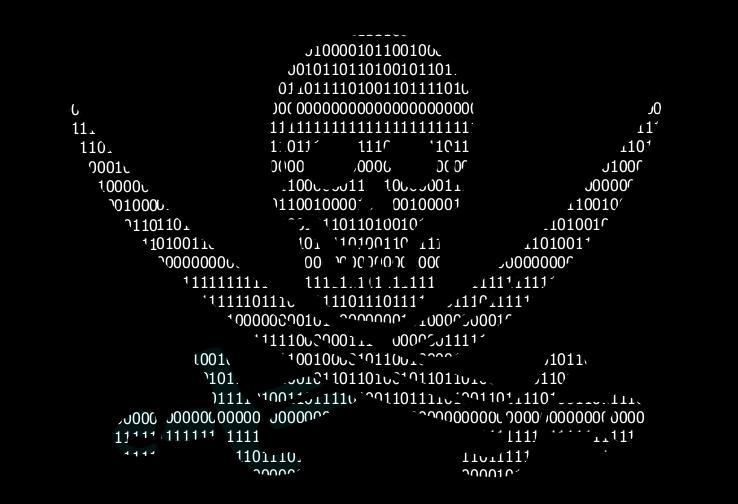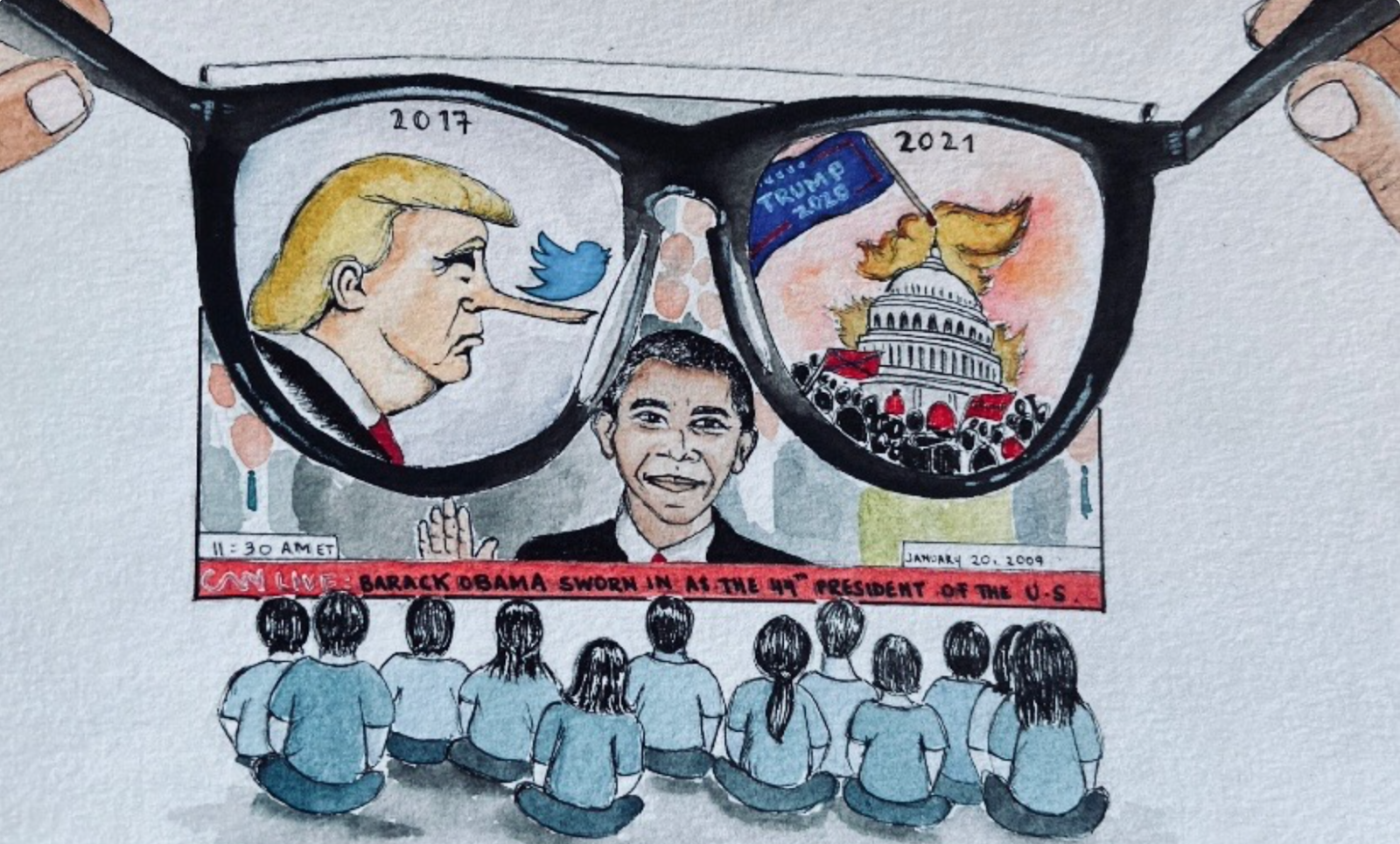In 2014, the online file-sharing site The Pirate Bay was temporarily shut down — only to be back up within a matter of days.[1] Likewise, Kickass Torrents had its domain seized on the grounds of copyright infringement, only to be back in operation days later.[2] For every file-sharing site that is taken down, another pops up in an endless game of online whack-a-mole.
As it turns out, passing laws in the U.S. to stop the spread of online file sharing is incredibly unpopular, as seen when the Stop Online Piracy Act (SOPA) was met with huge resistance.[3] It’s understandable why government and businesses would be interested in stopping the flow of illegal downloads. Pretty much every industry that relies on intellectual property is affected in some way by online piracy. The Recording Industry Association of America (RIAA) claims that billions have been lost in potential sales due to online piracy.[4] The gaming industry is now reacting to the serious threat of illegally downloaded PC games.[5] The moment a movie is nominated for an Oscar, there is a surge in illegal downloads for would-be fans.[6] It’s reached a point where even the Australian internet service providers (ISPs) are now adopting the American system of reporting users who are suspected of illegally downloading copyrighted material.[7] So what can be done? If arresting pirates doesn’t stop piracy, pirating and torrent sites can’t be shut down without reappearing days later, and piracy continues to cost billions of dollars in lost revenue, it seems that the only solution for big business is to adapt.
The issue of piracy creates an interesting marketing problem; how do you sell something to a market that expects the product for free? It turns out that the answer is relatively simple: provide a service that is more convenient than illegal downloading. For the most part, illegally downloading something is chore. Torrenting is difficult for the non-tech savvy, and frequently leads to virus infections as users are forced to use untrustworthy sites. Fortunately for the average music downloader, Internet streaming sites like Pandora and Spotify have essentially provided services that are easier to use than online piracy. It’s worked too. A Norwegian study showed that after the introduction of online streaming services, the amount of illegal music downloads in that country dropped significantly.[8] While this was simply one study, and correlation does not imply causation, it’s noteworthy to see how that market responded to online services that are arguably better than free downloading. Music streaming services appeal to the online markets by offering a service that is more convenient and user-friendly than pirating music. If one thing can be learned from their example, it’s that if you’re competing with free, offer convenience.
It’s amazing to see how innovators are able to compete in markets where their users expect a free product, but what about large established companies who don’t have the maneuverability of a small Internet startup? To them, piracy has always been factored into the cost of doing business. But recently Microsoft, a company who has historically had problems with piracy, announced a very innovative solution that would turn millions of illegal users into legal customers. Recently Microsoft executive Terry Myerson, announced that Windows 10 will be offered as a free upgrade to anyone with Windows 7 or higher, even to those with illegal copies.[9] While at first this seems as if Microsoft is giving in to the demands of pirates, it’s actually a very strategic maneuver to grab millions of consumers. China—with a population of 1.3 billion—has been a poor customer for Microsoft in the past, as there is rampant theft of the tech company’s intellectual property in that market. With this new offering, Chinese consumers will be able to get valid copies of Microsoft’s products, allowing Microsoft to sell premium services to millions of new customers.
Clearly online piracy is an issue; it’s a multi-billion dollar problem. However, shutting down file sharing sites doesn’t work and passing laws that turn Internet services into informants is shortsighted at best. Instead of forcing outdated business models onto consumers, industries need to adapt to this new climate. Be it with music, games, or software, consumers want products as cheaply and easily as possible. Innovators are already moving to capitalize on this by offering services that are more user friendly than pirating. Likewise, larger firms are adapting their business models in order to profit off of pirates. Laws will not stop Internet piracy, but offering better services will. Adapting to online piracy is crucial for any business dealing with intellectual property. To succeed, they must compete with free.
References
[1] “The Pirate Bay Shutdown: The Whole Story (so Far).” Engadget. Accessed April 27, 2015. http://www.engadget.com/2014/12/16/pirate-bay-shutdown-explainer/.
[2] “Kickass Kicked Offline But Resurrects Using Old Domain Name.” Tech Times RSS. February 10, 2015. Accessed April 27, 2015. http://www.techtimes.com/articles/31943/20150210/kickass-kicked-offline-but-resurrects-using-old-domain-name.htm.
[3] “The Numbers on #SOPASTRIKE.” SOPA STRIKE. Accessed April 27, 2015. http://www.sopastrike.com/numbers/.
[4] “RIAA – Piracy Impact Studies – April 27, 2015.” Http://www.riaa.com. Accessed April 27, 2015. https://www.riaa.com/keystatistics.php?content_selector=research-report-journal-academic.
[5] “PC Gaming Has “around a 93-95% Piracy Rate” Claims Ubisoft CEO.” PC Gamer. Accessed April 27, 2015. http://www.pcgamer.com/pc-gaming-has-around-a-93-95-per-cent-piracy-rate-claims-ubisoft-ceo/.
[6] “Oscar Nominations Massively Boosted Pirate Downloads | TorrentFreak.” TorrentFreak RSS. February 19, 2015. Accessed April 27, 2015. https://torrentfreak.com/oscar-nominations-massively-boosted-pirate-downloads-150219/.
[7] “How Australian ISPs Will Start Busting Users For Piracy.” How Australian ISPs Will Start Busting Users For Piracy. Accessed April 27, 2015. http://www.gizmodo.com.au/2015/02/how-australian-internet-providers-will-start-busting-users-for-piracy/.
[8] Cook, James. “Norway Has Figured Out How To Solve The Problem Of Music Piracy.” Business Insider. January 27, 2015. Accessed April 27, 2015. http://www.businessinsider.com/norway-music-piracy-statistics-2015-1.
[9] “Microsoft Offers Free Windows 10 Upgrades to Unlicensed Users to Tackle Piracy in China.” International Business Times RSS. March 18, 2015. Accessed April 27, 2015. http://www.ibtimes.co.uk/microsoft-offers-free-windows-10-upgrades-unlicensed-users-tackle-piracy-china-1492415.



